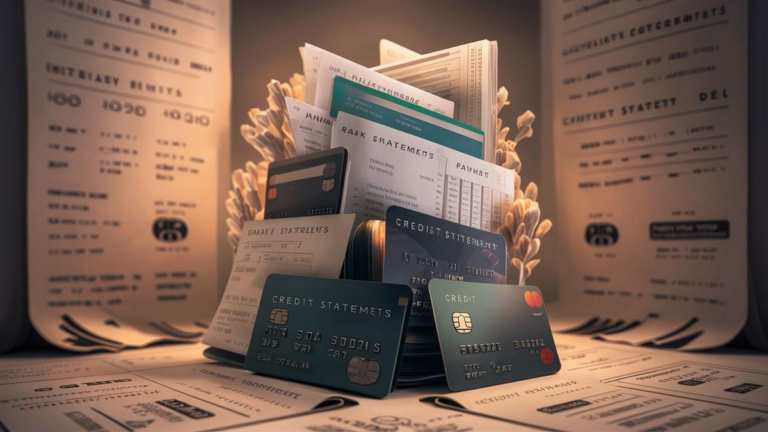In the realm of personal finance, navigating through various types of credit cards can be both bewildering and crucial. One such term that often arises in discussions surrounding credit cards is the “default credit card.” But what exactly does this term entail? In this guide, we delve into the nuances of default credit cards, shedding light on their definition, implications, and importance in managing your financial affairs.
Defining Default Credit Card
First and foremost, let’s clarify the concept of a default credit card. In simple terms, a default credit card refers to the primary credit card associated with your account. It is the card that is used for transactions by default, unless specified otherwise. Typically, when you apply for a credit card, the issuer designates one of the cards in your possession as the default card.
Implications of Default Credit Card
The designation of a default credit card carries several implications for cardholders. One significant aspect is that any charges incurred through automatic payments or recurring transactions will be billed to the default card unless alternative arrangements are made. This underscores the importance of ensuring that the default card aligns with your financial goals and preferences.
Managing Your Default Credit Card
Given its central role in your financial transactions, managing your default credit card effectively is paramount. Here are some key considerations:
- Regularly review your default credit card details to ensure accuracy.
- Monitor transactions and statements to detect any unauthorized activity promptly.
- Consider periodically reassessing whether the default card still meets your needs and preferences.
- Update default card information promptly in case of lost or stolen cards.
Choosing the Right Default Credit Card
When selecting a default credit card, it’s essential to evaluate various factors to make an informed decision:
- Interest rates: Compare the APR (Annual Percentage Rate) of different cards to find a competitive rate.
- Rewards and benefits: Assess the rewards programs and perks offered by each card to maximize your benefits.
- Fees: Consider annual fees, late payment fees, and other charges associated with the card.
- Customer service: Evaluate the issuer’s reputation for customer service and responsiveness to cardholder inquiries.
Final Thoughts
Understanding the dynamics of your default credit card is integral to maintaining financial control and making informed decisions. By grasping the implications and effectively managing your default card, you can optimize your financial well-being and enhance your overall financial management practices.
ximizing Rewards with Your Default Credit Card
While the default credit card serves as the primary tool for financial transactions, it’s also an opportunity to maximize rewards. Consider strategies such as consolidating expenses onto your default card to earn more rewards points or cash back.
Tracking Expenses for Better Financial Planning
Utilize your default credit card statements to track expenses efficiently. Categorizing expenses can provide valuable insights into your spending habits, aiding in budgeting and financial planning.
| Expense Category | Monthly Amount |
|---|---|
| Food and Dining | $500 |
| Transportation | $200 |
| Utilities | $150 |
Frequently Asked Questions
- Can I change my default credit card?
Yes, you can typically change your default credit card by contacting your card issuer. They will guide you through the process, which may involve selecting a new card from your existing ones or applying for a new card. - Is the default credit card always the best choice for transactions?
While the default card is convenient, it may not always offer the best rewards or benefits for every transaction. It’s essential to assess each purchase’s specific requirements and consider using alternative cards when necessary to maximize rewards or take advantage of promotional offers. - What should I do if I suspect fraudulent activity on my default credit card?
If you notice any unauthorized charges or suspect fraudulent activity on your default credit card, notify your card issuer immediately. They will guide you through the steps to dispute the charges, secure your account, and issue a new card if necessary.
See also:






